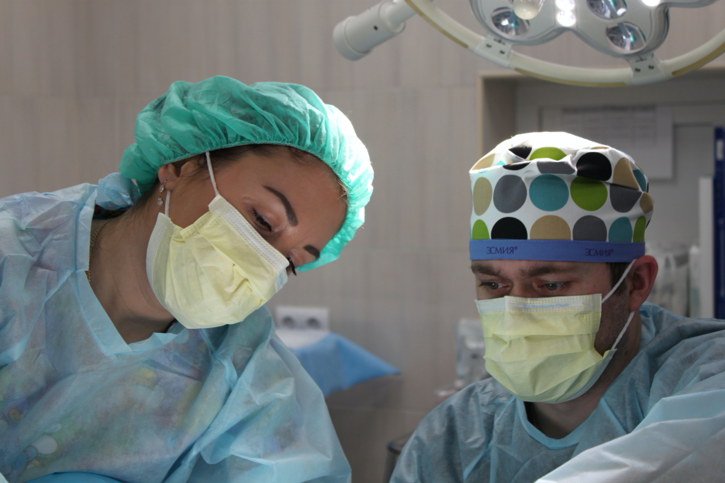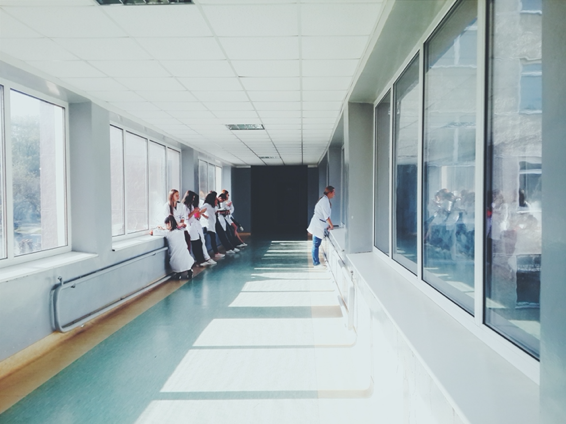CALL TODAY 646-846-1136 | EMAIL
All About Hernias
Many people classify Hernias into different kinds, Inguinal, Femoral, Incisional, and Umbilical. However, few understand the exact occurrence of the Hernia. You will find most of the hernia occurrences in the abdominal regions of the body. That said, a hernia can also make an appearance in the thighs and groin areas as well. Although most of the hernia conditions are not life-threatening, some can send patients into intensive care.
What is a Hernia?
A Hernia-induced pain is a pressure exerted by an internal organ on the tissue walls that are holding it. Organs tend to show protuberance around muscle linings, and this causes a person to feel intense pressure. If the hernia is abdominal, you may feel intense pain in the stomach, and depending on the severity, you may also need intensive care.
Since a hernia usually causes an organ to put pressure on the tissue or muscle, you can also notice an outward bulge on the stomach area in the case of an abdominal Hernia. Thus, a physician may simply look for an outward bulge for the diagnosis of a hernia.
The most obvious cause of a hernia is the weakening of a muscular wall that is keeping a specific organ in place. When a specific muscular wall is unable to withstand the pressure of an organ, then the organ pushes the wall, causing a lump. This bulging lump may diminish after wishful waiting and lying down. Furthermore, it can also make an appearance after intense coughing.
Common Causes of a Hernia
Ultimately, the only reason an organ will cause a muscle to bend is when a certain muscle is weak. Therefore, weak muscle linings and tissue is the sole cause of a hernia. The weakened spot on the tissue is a birth defect in some cases, while it can also be a cause of certain activities later on in life. Excessively performing any movement that imposes pressure on internal muscle organs is likely to cause a hernia over a long period. The following are some of the activities.
- Straining your abdominal muscles while defecating in the toilet (People who have a bad case of constipation are vulnerable to hernia as well)
- Excessive coughing (Dry coughs usually cause your abdominal muscles to tighten. Thus, repetitive coughing episodes put unnecessary strain on the stomach)
- Persistent sneezing
- Obesity
- Smoking (Smoking causes excessive coughing, and long term smoking can also potentially cause internal damage to abdominal muscles)
- Heavy Lifting (you can run the risk of a hernia when you lift a heavy object from the ground without stabilizing your abdominal core. You must always engage your core before you lift a heavy object from the ground to avoid excessive strain on your muscles.)
- Physical Exertion
All About Hernias: Symptoms
In most instances, a hernia will cause a swelling in the particular region. In this circumstance, the hernia poses no immediate danger, and resting will cause it to diminish over time. Other symptoms of acute hernia such as this include pain, discomfort, and excessive strain while walking.
However, some cases are more severe and can lead to other symptoms such as nausea, vomiting, and even blood in the stool. In these cases, a person needs immediate surgery for the herniated area. In the case of a Hiatal Hernia, the swelling is not present on the surface. The person experiences symptoms such as heartburn, indigestion, chest pain, and difficulty swallowing.
Furthermore, you can also push the hernia-induced lump or bulge back in the stomach. Most people opt for lying straight down to flatten the lump. It also helps to avoid activities that can trigger a bulgy reaction on the stomach. These activities include laughing, coughing, crying, or any other form of physical exertion.
All About Hernias: Prevention
If you want to minimize your risk of a hernia, then it is ideal that you maintain your body weight. Regular exercises and a healthy diet result in the strengthening of muscles. Moreover, you can also train your abdominal muscles to withstand an excessive amount of pressure.
Besides training and exercising, you also have to make sure that you avoid lifting heavy objects. Even if you want to lift heavy weights, make sure that you go through proper training, warm-up, and technical insight over core engagement.
Additionally, you must take care of your nutrition. Avoid meals that evoke constipation and stomach issues. Make sure that your meals involve adequate micronutrients and fiber so that you can pass stool smoothly, without complications.
Lastly, avoid the habit of smoking. Smoking is not just harmful to your lungs but also causes persistent coughing and sneezing. This ultimately can result in a hernia if you do not treat it soon enough. Make sure that you visit the doctor in the case of coughs.
Conclusion: Consult Lenox Hill Minimally Invasive Surgery
If you feel like you have a hernia, make a quick self-diagnosis and do not prolong the symptoms. Seek professional help immediately. Waiting on a hernia can make the situation worse; the earlier the treatment, the better.
Lenox Hill Minimally Invasive Surgery provide the best Hernia treatment, diagnosis, and services in New York. Contact them at 646-846-1136 to book an appointment now.



